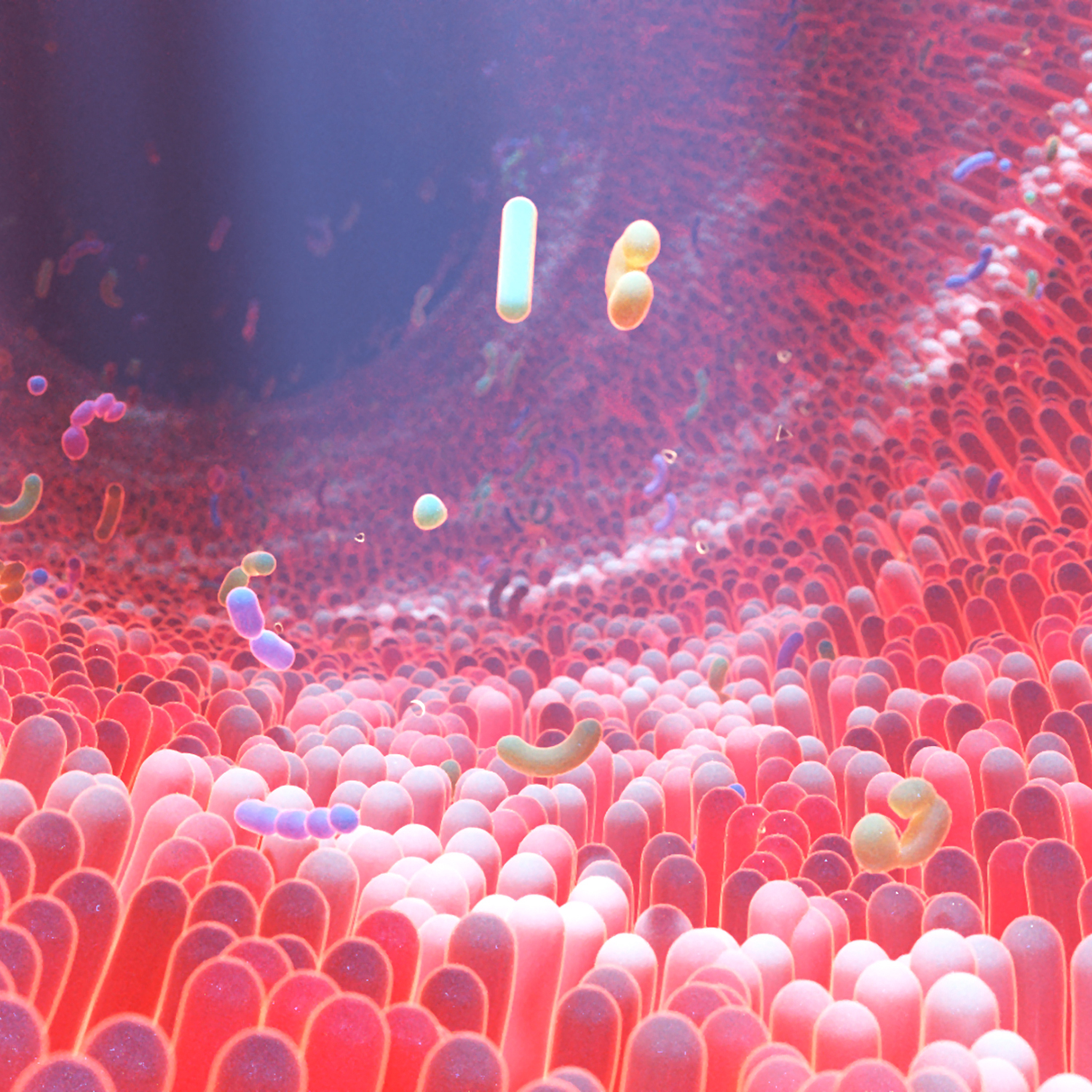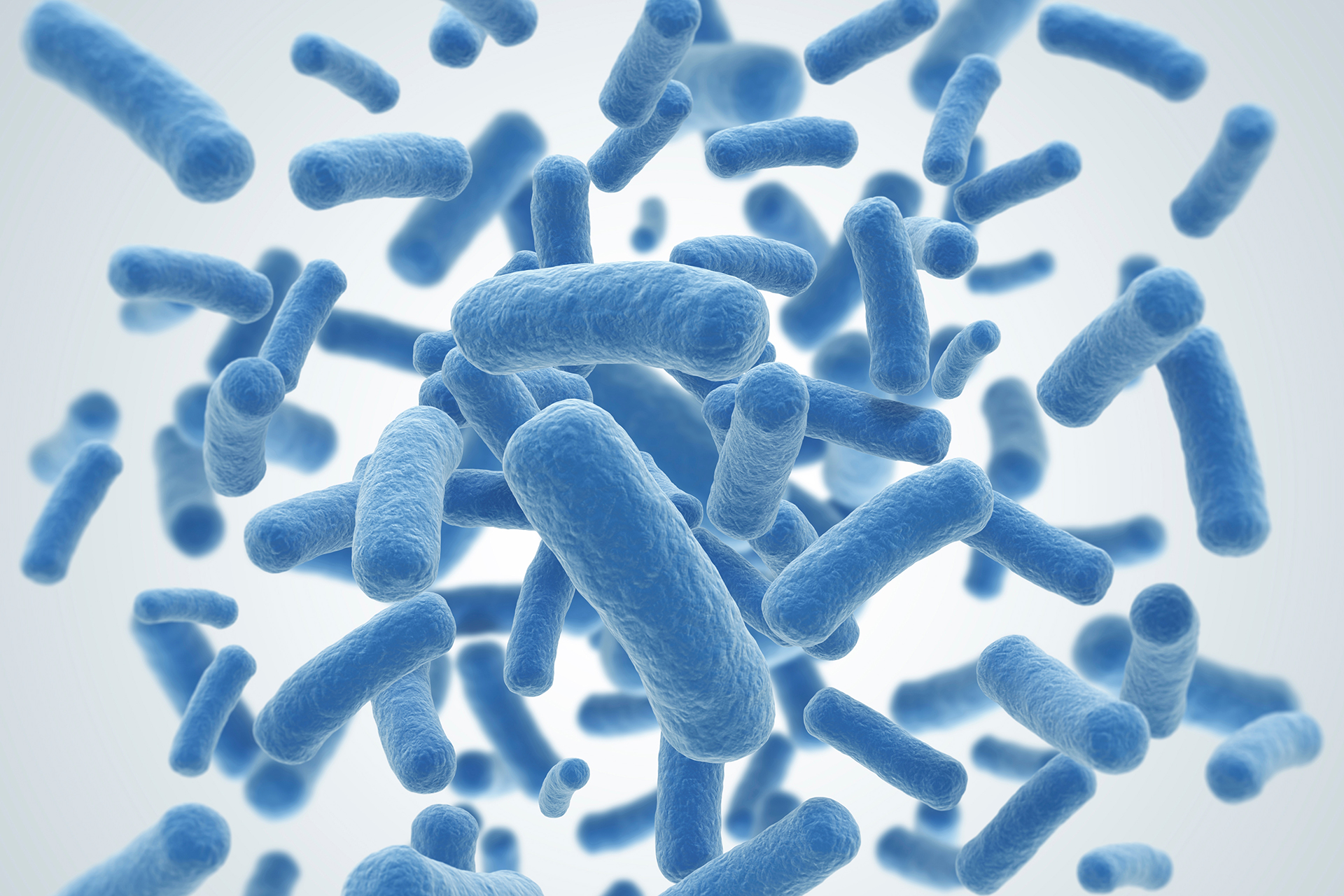Microbiome Therapeutics
What is the Microbiome ?
Human Microbiome and Health
Everything about Microbiome Therapeutics
The Human Microbiota can be manipulated or altered using Live Biotherapeutic Products, otherwise known as LBPs.
According to the FDA guidelines an LBP is a biological product that is applicable to the prevention, treatment, or cure of a disease or condition of an individual. As the name suggests, an LBP contains live microorganisms such as bacteria. An example of an LBP could be one or more strains of bacteria administered orally to treat patients with ulcerative colitis. However, LBPs are not only about intestinal delivery, but also the skin with creams and oils, vaginal administration with creams, ovules or tablets, and more recently administration via nose or mouth.
A recombinant Live Biotherapeutic Product is an LBP composed of microorganisms that have been genetically modified through the purposeful addition, deletion, or modification of genetic material.
There are several different types of LBPs :

Single strain ;

Multi strain – at least two different strains made independently then brought together in a capsule or sachet ;

Co-Culture – several strains grown together in the same bioreactor then freeze-dried into a homogenous drug substance.

We are a world leading end-to-end and full-cycle pharmaceutical CDMO and in a unique position to produce clinical and commercial drug substances and drug products to GMP pharmaceutical standards under one roof. This presents a considerable advantage in assisting our clients through clinical trials and more importantly, treating patients.

